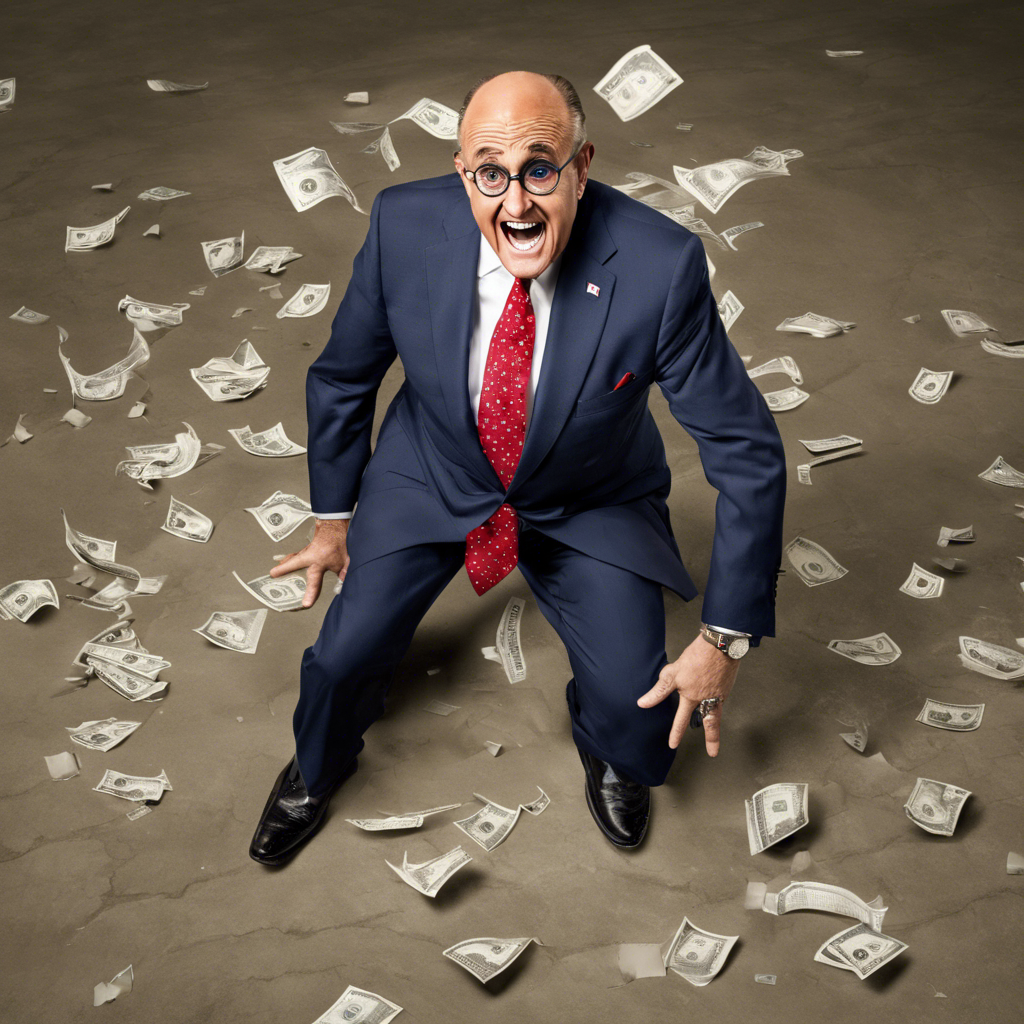Giuliani’s Fall From Grace: From “America’s Mayor” to Late-Night Punchline

A look at how Rudy Giuliani’s reputation has evolved over the years, from being a beloved figure in pop culture to becoming a regular target for late-night hosts and comedians.
In the late 1990s and early 2000s, Rudy Giuliani, the former mayor of New York City, was often seen as “America’s mayor.” He made appearances on popular shows like “Seinfeld” and “Saturday Night Live,” where he showcased his comedic side and won over audiences with his lightheartedness. However, in recent years, Giuliani’s reputation has taken a nosedive, with his support for and spreading of false claims about the 2020 presidential election. This article explores Giuliani’s transformation from a beloved figure in pop culture to a regular target for late-night hosts and comedians.
The Rise of “America’s Mayor”
During Giuliani’s tenure as mayor of New York City, he gained a reputation as a tough and effective leader. His appearance on “Seinfeld,” where he addressed a nonfat yogurt scandal, showcased his ability to poke fun at himself and endeared him to audiences. Similarly, his appearances on “Saturday Night Live,” including an impromptu boxing match with Will Ferrell’s Janet Reno, solidified his image as a good sport and someone who could connect with people through humor.
The Shift in Public Perception
In recent years, Giuliani’s reputation has taken a hit due to his association with former President Donald Trump and his support for baseless claims of election fraud. Late-night hosts and comedians have seized on Giuliani’s missteps, using them as fodder for their shows. From the ill-fated press conference at Four Seasons Total Landscaping to his appearance in Sacha Baron Cohen’s “Borat” sequel, Giuliani has become a regular punchline in the comedy world.
The Defamation Trial and Giuliani’s Downfall
The recent defamation trial against Giuliani, where he was ordered to pay $148 million to two Georgia poll workers, further damaged his reputation. Despite agreeing before the trial that his claims were false, Giuliani continued to assert their truthfulness. His decision not to testify in court provided an opportunity for his opponents to highlight his hypocrisy and remind the public of the Giuliani they once knew.
Giuliani’s Legacy in Pop Culture
Despite his recent fall from grace, it is important to remember Giuliani’s contributions to pop culture. His appearances on “Seinfeld” and “Saturday Night Live” showcased his ability to connect with audiences and his willingness to embrace humor. These moments, though overshadowed by his recent controversies, were a part of his legacy as a public figure.
The Power of Late-Night Comedy
The criticism Giuliani has faced from late-night hosts and comedians highlights the power of comedy to shape public perception. Through satire and humor, these comedians have been able to hold Giuliani accountable for his actions and challenge the narratives he promotes. While some may argue that comedy should not be taken seriously, it is clear that it can have a significant impact on public opinion.
Conclusion:
Rudy Giuliani’s journey from “America’s mayor” to late-night punchline is a cautionary tale of how quickly public perception can change. His association with baseless claims of election fraud and his refusal to take responsibility for his actions have tarnished his reputation. However, it is important to remember that Giuliani’s legacy in pop culture includes moments of humor and lightheartedness. As the defamation trial comes to a close, it remains to be seen how Giuliani will be remembered in the years to come.

